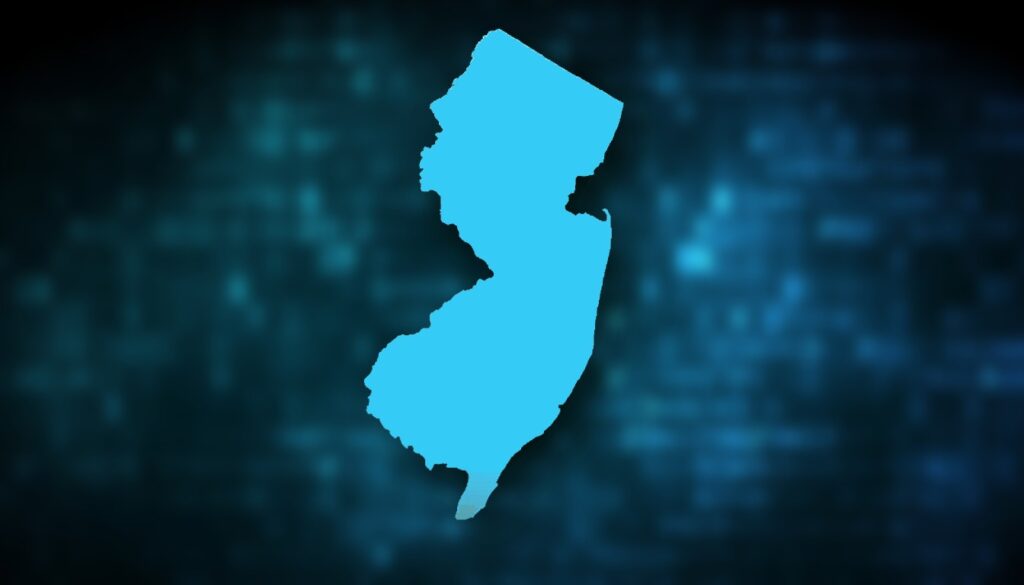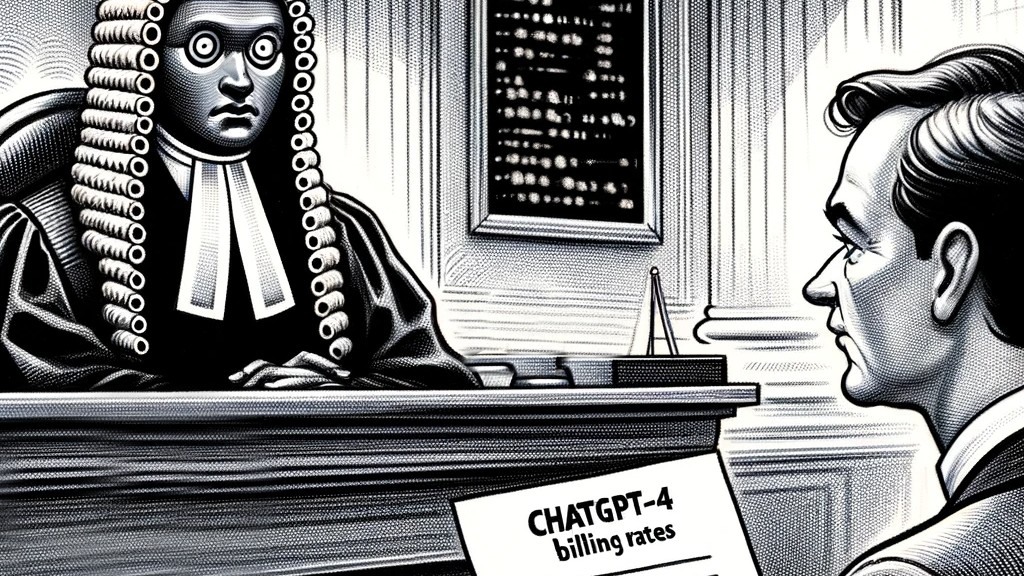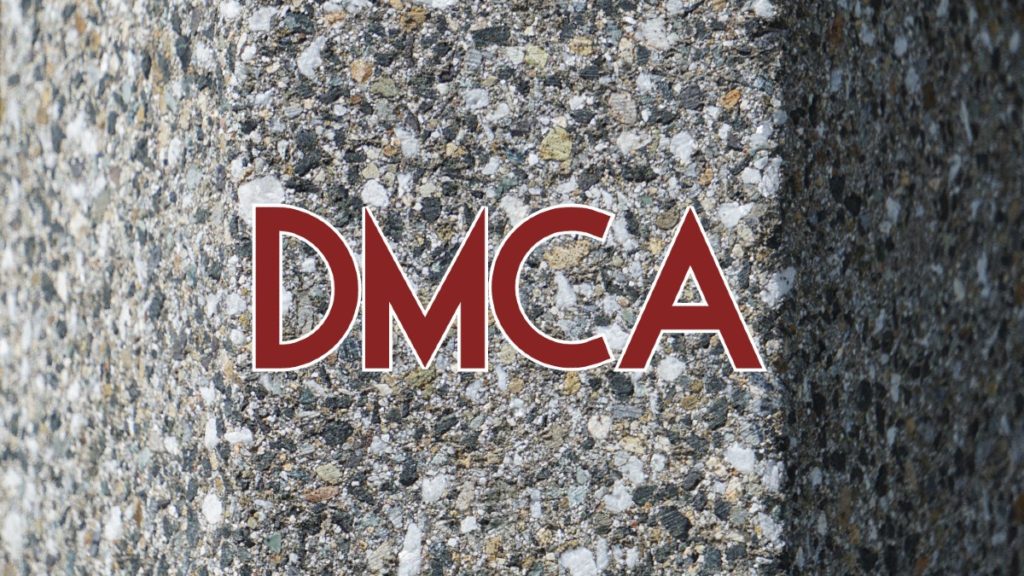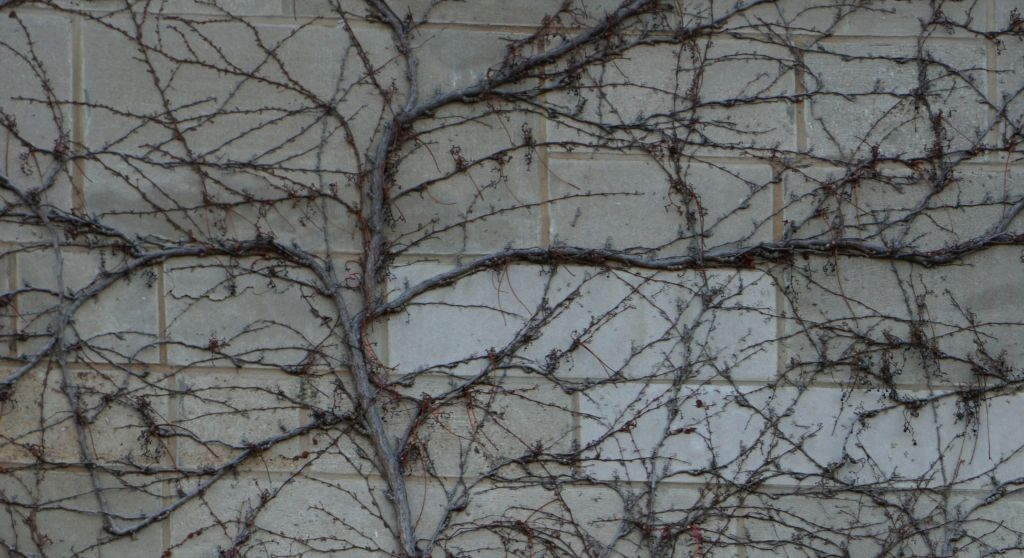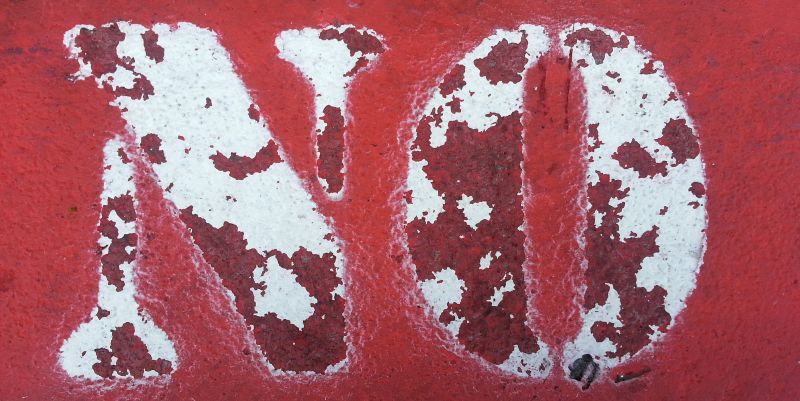U.S. federal court issues preliminary injunction, holding that enforcement of Canadian order requiring Google to remove search results would run afoul of the Communications Decency Act (at 47 U.S.C. 230)

Canadian company Equustek prevailed in litigation in Canada against rival Datalink on claims relating to trade secret misappropriation and unfair competition. After the litigation, Equustek asked Google to remove Datalink search results worldwide. Google initially refused altogether, but after a Canadian court entered an injunction against Datalink, Google removed Datalink results from google.ca. Then a Canadian court ordered Google to delist worldwide, and Google complied. Google objected to the order requiring worldwide delisting, and took the case all the way up to the Canadian Supreme Court, which affirmed the lower courts’ orders requiring worldwide delisting.
So Google filed suit in federal court in the United States, seeking a declaratory judgment that being required to abide by the Canadian order would, among other things, be contrary to the protections afforded to interactive computer service providers under the Communications Decency Act, at 47 U.S.C. 230.
The court entered the preliminary injunction (i.e., it found in favor of Google pending a final trial on the merits), holding that (1) Google would likely succeed on its claim under the Communications Decency Act, (2) it would suffer irreparable harm in the absence of preliminary relief, (3) the balance of equities weighed in its favor, and (4) an injunction was in the public interest.
Section 230 of the Communications Decency Act immunizes providers of interactive computer services against liability arising from content created by third parties. It states that “[n]o provider or user of an interactive computer service shall be treated as the publisher or speaker of any information provided by another information content provider.” [More info about Section 230]
The court found that there was no question Google is a “provider” of an “interactive computer service.” Also, it found that Datalink—not Google—“provided” the information at issue. And finally, it found that the Canadian order would hold Google liable as the “publisher or speaker” of the information on Datalink’s websites. So the Canadian order treated Google as a publisher, and would impose liability for failing to remove third-party content from its search results. For these reasons, Section 230 applied.
Summarizing the holding, the court observed that:
The Canadian order would eliminate Section 230 immunity for service providers that link to third-party websites. By forcing intermediaries to remove links to third-party material, the Canadian order undermines the policy goals of Section 230 and threatens free speech on the global internet.
The case provides key insight into the evolving legal issues around global enforcement and governance.
Google, Inc. v. Equustek Solutions, Inc., 2017 WL 5000834 (N.D. Cal. November 2, 2017)


